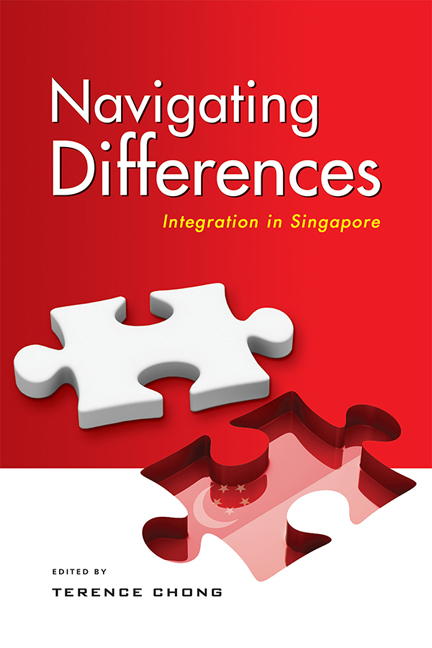8 - Protest and the Culture War in Singapore
Published online by Cambridge University Press: 24 November 2020
Summary
INTRODUCTION
In January 2001, artists and activists gathered at a forum organized by local theatre company, The Necessary Stage, to discuss cultural activism in Singapore. The artists and activists, fresh from their collaborative engagement to build an experimental civil society network called The Working Committee, discussed “Protest, Provocation, Process”, as the title of the forum indicated. Alvin Tan, the founder and artistic director of The Necessary Stage, was a key organizer of The Working Committee. The discussion revolved around the state's approach to dissent and protest, from crackdowns in the early decades to censorious proscriptions in more recent years. Tan was no stranger to the latter, having been accused in 1994 by the local media of dabbling in “Marxist” forum theatre. One of the three speakers, the esteemed pioneer of bilingual plays in Singapore, the late Kuo Pao Kun, spoke from his personal experience of draconian extrajudicial detention in the 1970s.
The forum was a rare event. After a decade of social liberalization under then Prime Minister Goh Chok Tong, public forms of protest were still seen as anti-government provocations that were unacceptable in Singapore. Holding a forum on protest could itself be construed by the authorities as a provocation. Yet, there was little critical sting in the discussion. Instead, there was a sense of discomfort among the activists about the changing relationship between the illiberal state and protesters. At the forum, Kuo said,
Comparing the 1960s or the 1970s to the present, the kind of relationship between protesting artist or groups and the government is very different. People really saw one another as enemies in the 1960s to the 1980s. And the government would actually kill these people. But, today the arguments between the art groups and the government are like disputes within a family.
Seventeen years later, in March 2018, a family-like dispute about protest was aired in Parliament. Kok Heng Leun, Artistic Director of the Drama Box and who represented the arts sector as nominated member of parliament (NMP), raised objections to the last of the four examples used to illustrate a “serious incident” that would come under increased police powers in the new Public Order and Safety (Special Powers) Act. The hypothetical example used was a peaceful, sit-down protest in the Central Business District, which grew over a week to impede traffic flow and affect business.
- Type
- Chapter
- Information
- Navigating DifferencesIntegration in Singapore, pp. 129 - 147Publisher: ISEAS–Yusof Ishak InstitutePrint publication year: 2020

